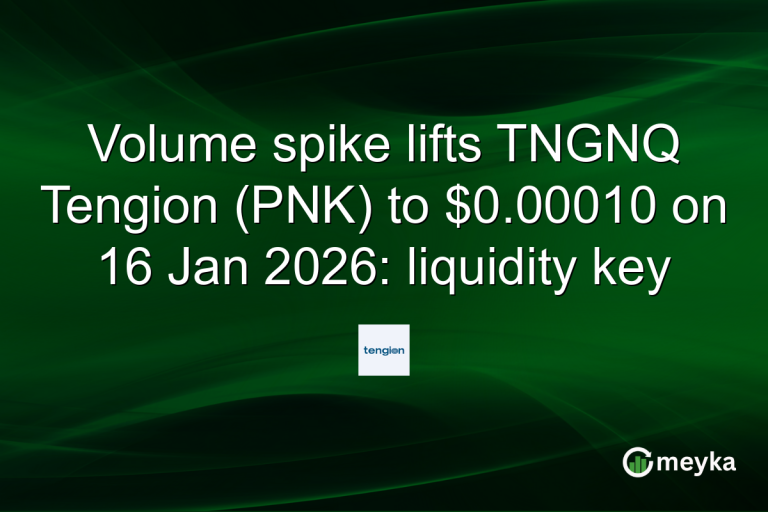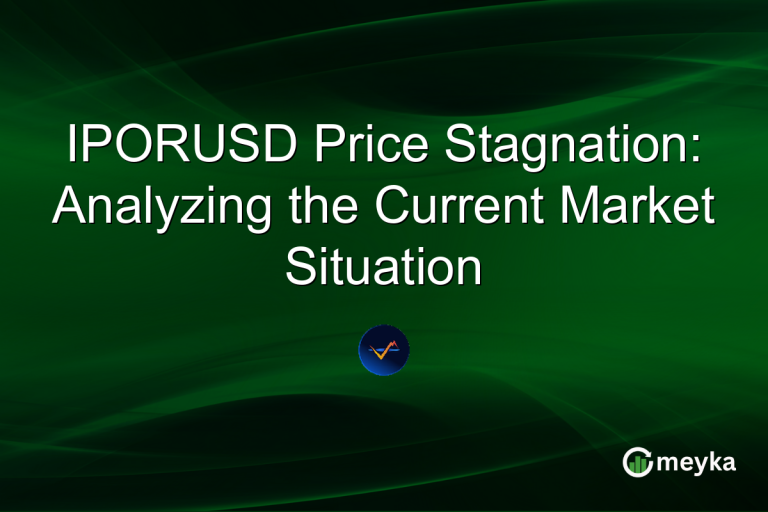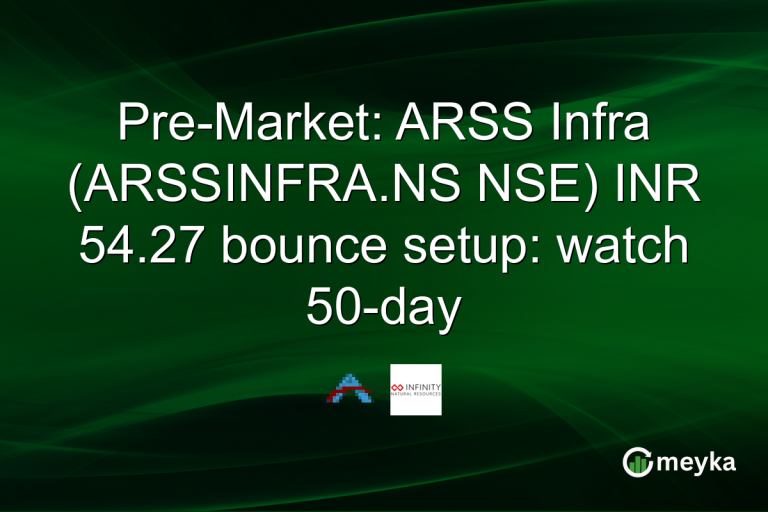NVDA News Today, Nov 5: Fear and Greed Index Surge Influences Nvidia’s
As of November 5, the Fear and Greed Index is experiencing a notable surge, significantly impacting tech stocks like Nvidia. This index, which measures investor sentiment, has risen sharply, causing fluctuations in the stock market and prompting investors to reassess their positions. Nvidia (NVDA), a prominent player in the semiconductor sector, is caught in this wave of market sentiment, influencing its stock price movements and investor strategies. Let’s delve into how this dynamic plays out and what it means for NVDA moving forward.
Continue Reading on Meyka
This article is available in full on our main platform. Get access to complete analysis, stock insights, and more.
Read Full Article →





